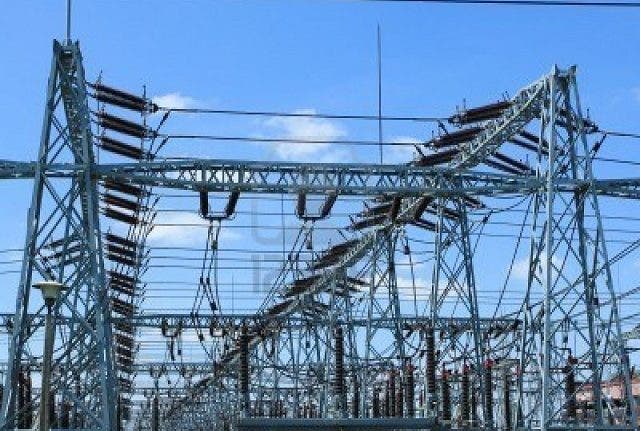Gas Constraint Accountable For Reduction Of Energy Allocation – TCN


Following a recent decrease in energy supply to the 11 electricity distribution companies (DisCos), the Transmission Company of Nigeria (TCN) has explained that it wheeled 4,004MW to the energy distributors due to gas constraints.
According to the Independent System Operator (ISO) of the TCN, energy sent out declined from 3,944MW on 23rd January 2024 to 4,004MW on 24th January 2024, owing to the constraint.
In a press statement issued by the Public Affairs, General Manager of TCN, Ndidi Mbah indicated that gas constraint is accountable for the reduction of energy allocation to the 11 DisCos.
Mbah disclosed in the press statement in Abuja that the company is working in partnership with stakeholders to keep the grid intact despite the current low power generated into the system.
According to the statement, due to low energy generation, there is a decline in the quantity of energy in the grid which is wheeled to the DisCos.
TCN, said the statement, is limited to what is generated at the moment.
The statement reads in part: “The Transmission Company of Nigeria TCN hereby announces that there has been a gradual decrease in an available generation into the grid due to gas constraints to the thermal generating companies, which has impacted the quantum of bulk power available on the transmission grid for onward transmission to the distribution load centres nationwide.
“TCN is doing everything possible in collaboration with stakeholders in the power sector to ensure that it continues to keep the grid intact despite the current low power generated into the system.
“Consequent upon the current load on the grid, load distributed to the distribution load centres have also reduced, as TCN can only transmit what is generated.
“TCN is committed to ensuring a gradual increase in electricity supply to load centres as gas improves to the power available thermal plants.
“Please bear with us as we continue to work with the stakeholders in the value chain to ensure that supply through distribution companies to electricity consumers nationwide improves.”


Hafsoh Isiaq is a graduate of Linguistics. An avid writer committed to creative, high-quality research and news reportage. She has considerable experience in writing and reporting across a variety of platforms including print and online.










